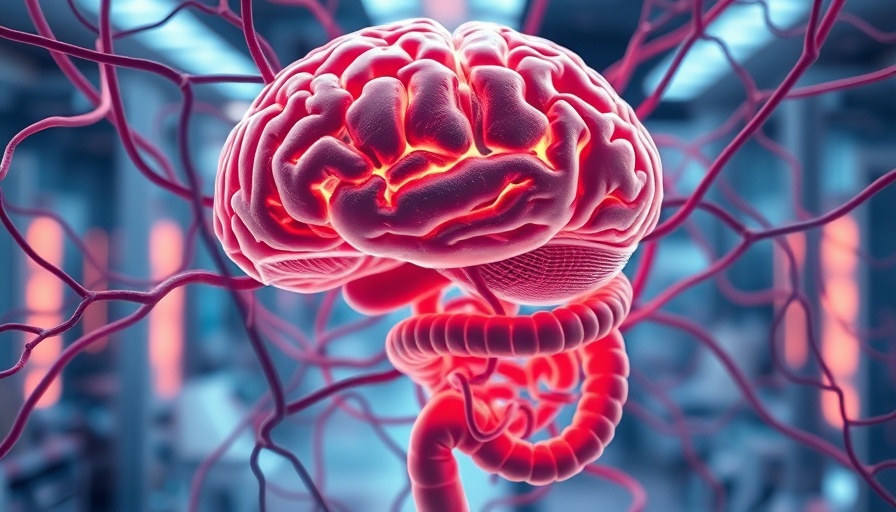
Exploring the Gut-Brain Connection: What It Means for OCD
The intricate relationship between our gut and brain has been a topic of growing interest in recent years, especially in how it relates to various mental health disorders like Obsessive-Compulsive Disorder (OCD). Experts are now suggesting that our gastrointestinal system might play a more critical role in triggering OCD symptoms than previously thought.
Understanding the Gut-Brain Axis
The gut-brain axis is a fascinating concept that illustrates the constant communication between our digestive system and our brain. This bidirectional communication involves biochemical signaling, which means that what happens in our gut can influence our mood, thought processes, and even triggers for mental health disorders like OCD. Recent studies suggest that an imbalance in gut bacteria, also known as dysbiosis, can lead to increased anxiety and obsessive thoughts.
How Gut Health Impacts Mental Well-Being
Research has shown that a healthy gut microbiome contributes to the production of neurotransmitters that are crucial for mental health, including serotonin, often referred to as the "feel-good" neurotransmitter. With approximately 90% of serotonin produced in the gut, this discovery underscores the importance of gut health in managing mental health conditions.
Real-Life Anecdotes: The Power of Dietary Changes
Many individuals suffering from OCD have reported improvements in their symptoms after making dietary changes intended to boost gut health. For example, incorporating probiotic-rich foods like yogurt and fermented vegetables can help restore a healthy balance of gut bacteria, potentially alleviating anxiety and obsessive behaviors. A personal account from one individual showcases how a shift to a gut-friendly diet led to significant reductions in OCD symptoms, highlighting the impact of nutrition on mental wellness.
Practical Steps to Enhance Gut Health
If you're looking to promote better gut health, consider these actionable insights:
- Incorporate Fiber-Rich Foods: Foods high in fiber such as fruits, vegetables, whole grains, and legumes encourage the growth of healthy bacteria in the gut.
- Stay Hydrated: Drinking plenty of water aids digestion and helps maintain a balanced gut environment.
- Regular Physical Activity: Engaging in regular exercise not only benefits your physical health but also enhances gut health and mental well-being.
Future Directions: Research and Therapy
As research continues to unfold, there is promising potential for new therapeutic approaches targeting the gut-brain axis. Future treatments for OCD might include probiotics or dietary interventions that aim to restore the natural microbiome balance. Clinicians are beginning to see the value in incorporating dietary recommendations into treatment plans for patients with OCD, potentially paving the way for more holistic approaches in mental health care.
Concluding Thoughts: A Call for Holistic Awareness
Understanding the connection between our gut health and mental well-being can lead to significant improvements in managing disorders like OCD. By advocating for a lifestyle that promotes gut health through diet and exercise, we can foster not only better physical health but also a more vibrant mental state. So, let's start a conversation about the importance of our guts in achieving a balanced mind!
 Rij toevoegen
Rij toevoegen






 Rij toevoegen
Rij toevoegen



Write A Comment